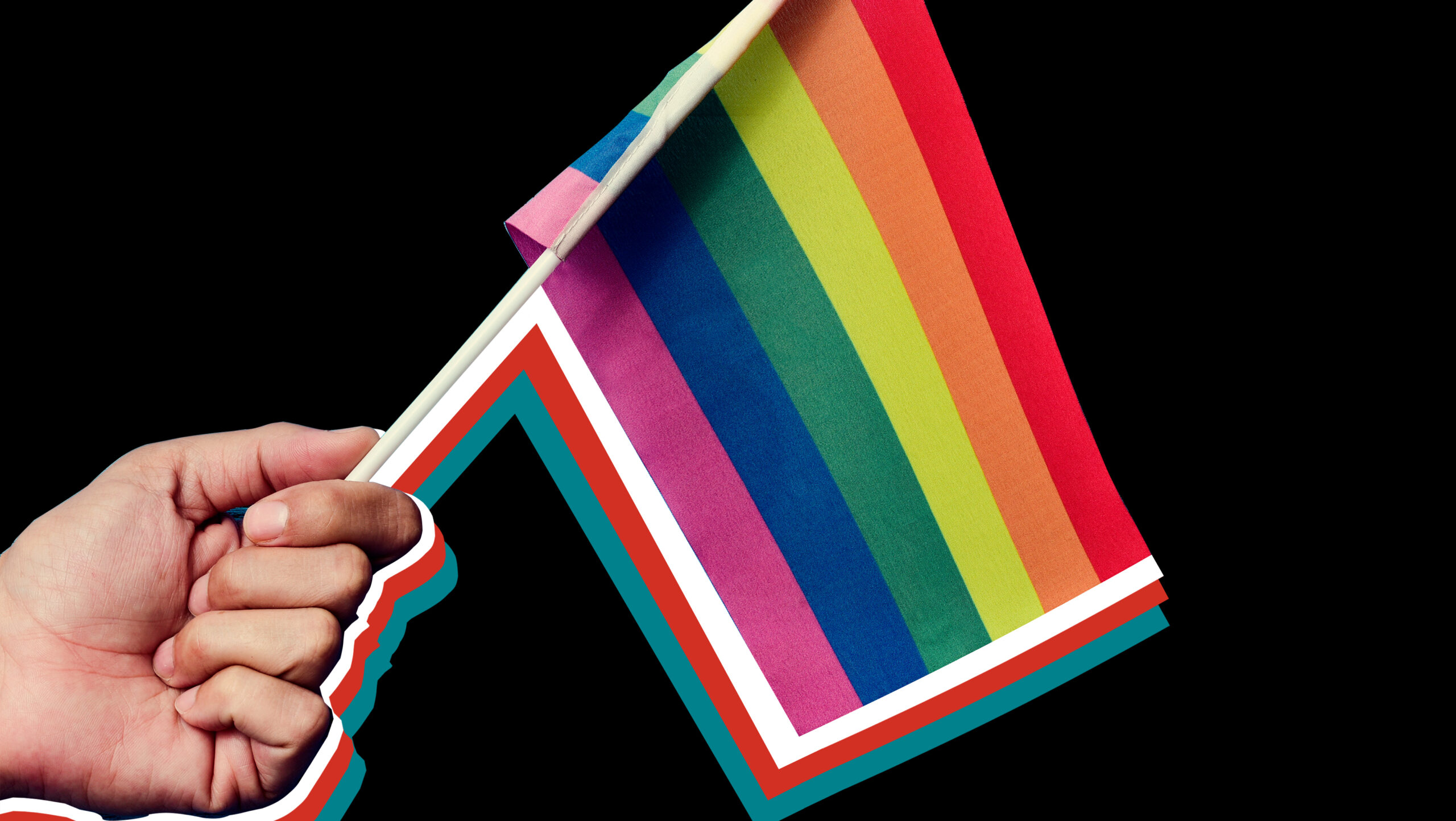To get Xtra Weekly in your inbox, subscribe here.
WEEKLY EXPLAINER
The federal government is examining potential Criminal Code reforms that would ban conversion therapy in Canada.
Here’s the background In a letter obtained by the CBC and addressed to Alberta’s Minister of Justice, Doug Schweitzer, three Liberal members of parliament — Minister of Justice David Lametti, Minister of Health Ginette Petitpas Taylor and Special Advisor to the Prime Minister on LGBTQ2 Issues Randy Boissonnault — urge Schweitzer and his government to take action to end conversion therapy. The letter is one of several that have been sent to justice ministers across the country.
Conversion therapy claims to change the sexual orientation of LGBTQ2 people through, among other things, prayer and talk therapy. However, there’s no scientific research to support this practice at all. In 2015, the Canadian Psychological Association denounced conversion therapy and said that it can have damaging outcomes, including depression, negative self-image and a feeling of personal failure.
In the letter, the MPs say, “Conversion therapy is a cruel exercise that can lead to life-long trauma. It has no scientific basis. The provincial, territorial, municipal and federal governments all have roles to play to protect Canadians from the harms associated with this practice. We are considering Criminal Code reform concerning conversion therapy, and are asking you to do more within your jurisdiction.”
In February, NDP MP Sheri Benson presented an online petition to the House of Commons that called on the federal government to ban the practice catered to Canadian youth.
The following month, the government called conversion therapies “immoral” and maintained that those practices don’t reflect the government’s — or Canadian — values. However, since conversion therapy can be carried out by members of the health profession, the government said it’s largely a provincial and territorial issue because it could be addressed through existing sections of the Criminal Code. This means that when a person is forced to undergo conversion therapy, criminal charges like kidnapping, assault and forcible confinement may apply.
Liberal senator Serge Joyal tabled Bill S-260 in April as a result of the online petition previously presented by Benson. The bill aims to amend the Criminal Code of Canada and make it an offence to advertise conversion therapy to anyone under the age of 18.
Currently, Canada has no national ban on the practice, but Ontario, Manitoba, Nova Scotia, the City of Vancouver and, most recently, St Albert in Alberta have placed restrictions on the so-called “treatment.”
In an interview with Postmedia last month, Randy Boissonnault said his government wants to “criminalize any aspect of conversion therapy” and is “actively examining potential criminal code reforms to better prevent, punish and deter a dangerous and discredited practise.”
You’re caught up. How does a Criminal Code reform affect charges? In an interview with the CBC, Carissima Mathen, vice-dean of University of Ottawa’s faculty of law, says using criminal law is always tricky because people could immediately run into potential constitutional issues. That’s because, although the government has the power to determine that something is harmful and can seek to limit negative consequences from occurring, the “harm” caused by conversion therapy, or counselling, is not as easily defined — there’s no definite way to measure when conversion therapy crosses the line.
For example, if the government ends up modifying the Criminal Code, someone who unlawfully administers conversion therapy could launch a challenge under Section 2 of the Charter of Rights and Freedoms and argue that their freedom of expression is being violated. And, according to Mathen, “once the government uses criminal law power, with, presumably, some potential jail sentence,” a person could then use Section 7 of the charter, which protects people from deprivation of liberty.
In an interview with Global News on Wednesday, Conservative party leader Andrew Scheer said he is waiting for further details before taking a stance on efforts to impose a national ban on conversion therapy, saying, “[The Conservatives are] opposed to any type of practice that would forcibly attempt to change someone’s sexual orientation against their will.”
The federal justice department will examine the issue over the summer. This may mean that changes to the Criminal Code and the country’s ban on conversion therapy could hinge on the upcoming federal election.
For more LGBTQ2 news, subscribe to Xtra Weekly.



 Why you can trust Xtra
Why you can trust Xtra


